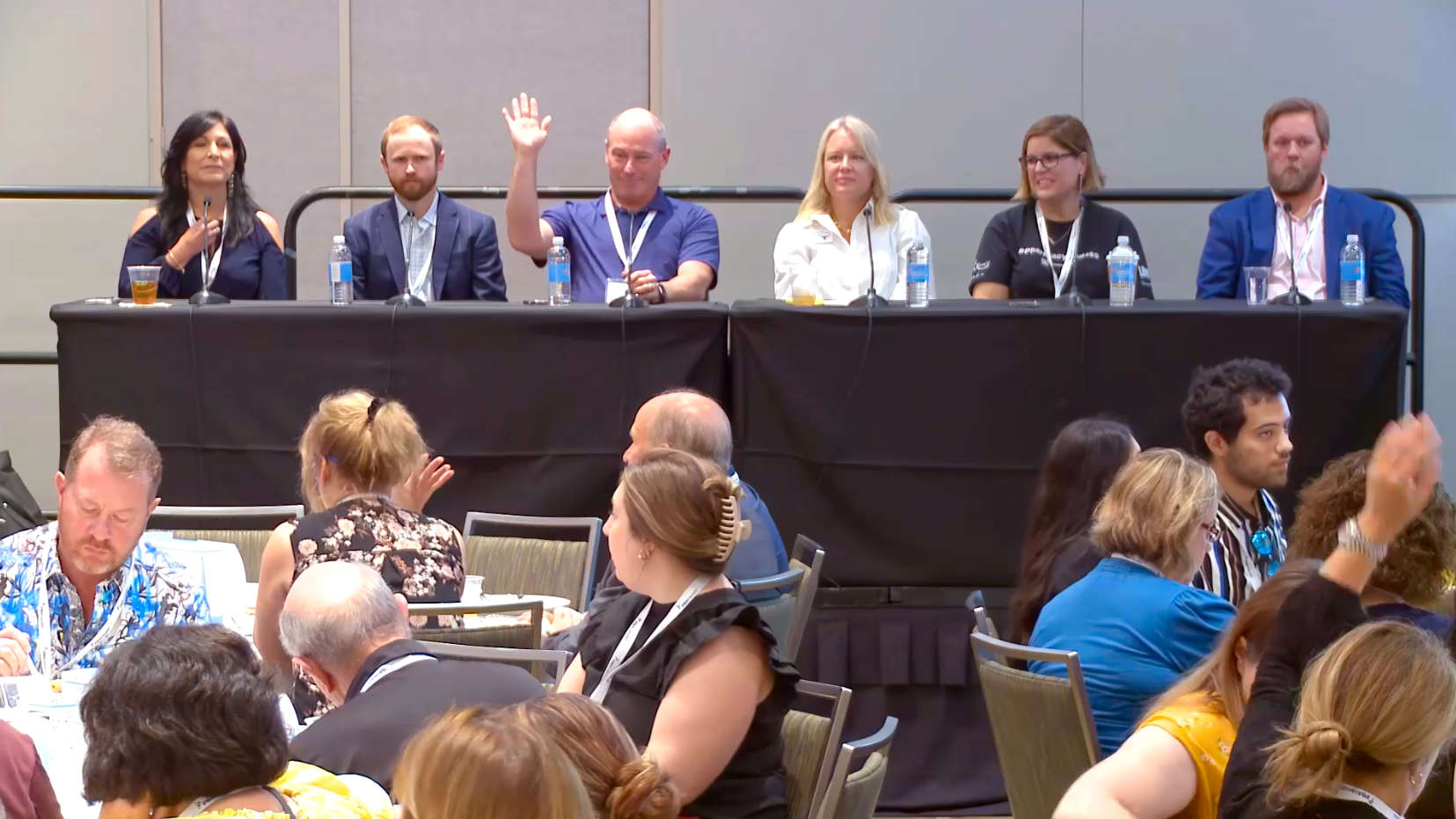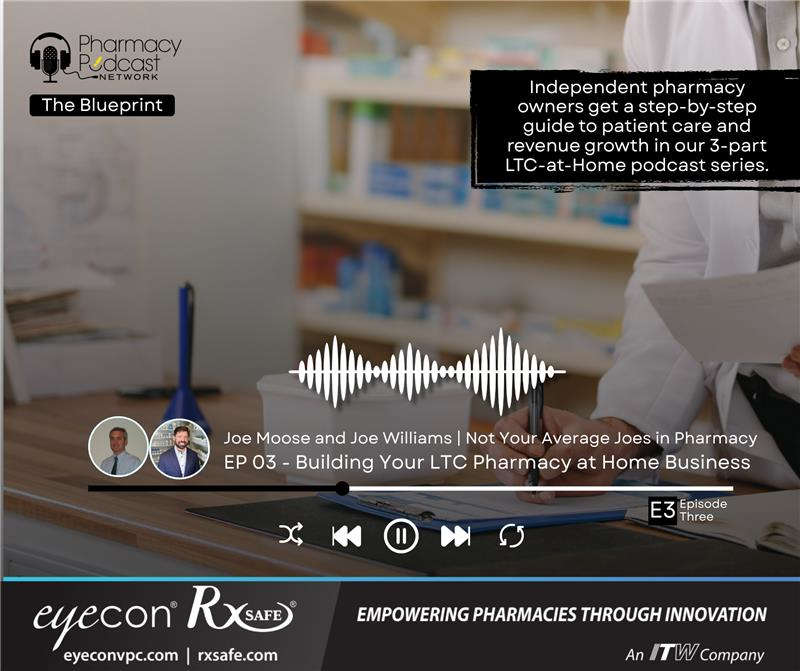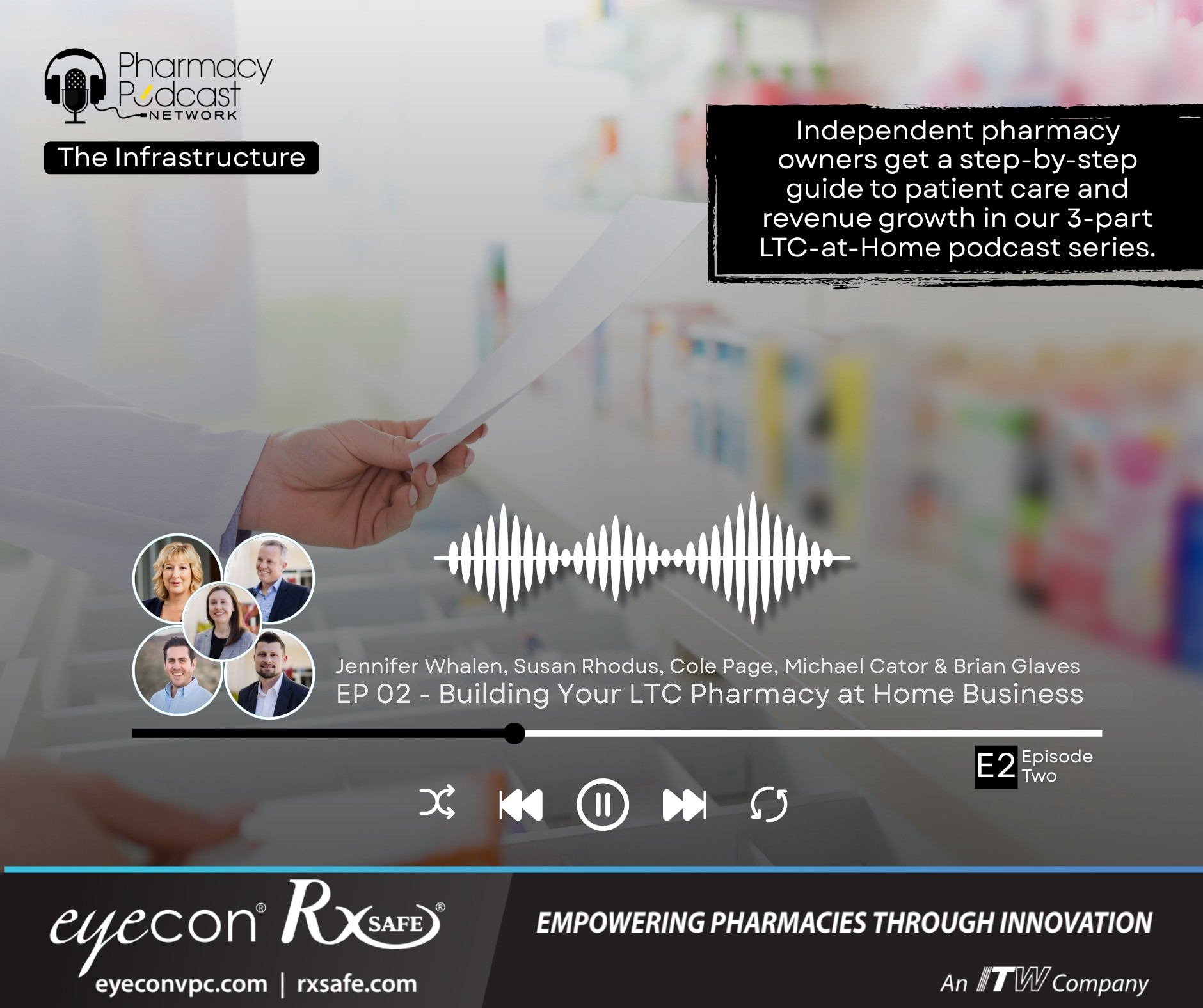Growing awareness about the problems and pitfalls with pharmacy benefits managers (PBMs) in the US healthcare system has taken hold in recent years. Originally contracted by insurance carriers to negotiate on their behalf with pharmaceutical companies, these "middlemen" have hijacked the prescription drug marketplace to the detriment of pharmacies and patients.
How Do PBMs Make Money?
PBMs generate some $315 billion annually from five income streams that include rebate sharing, pharmacy spread, PBM-owned pharmacies, administrative fees, and DIR fees.
Rebate Sharing
Insurance companies pay PBMs to manage drug costs and receive rebates from manufacturers. PBMs will often retain a portion of the rebate. PBMs will also negotiate prices with manufacturers, who then pay rebates to the PBM for preferred placement on a plan's formulary.
Pharmacy Spread
Health plans are billed for amounts higher than they reimburse pharmacies (upcharging), creating a "pharmacy spread."
PBM-Owned Pharmacies
PBMs own retail and mail order pharmacies, such as CVS. They make money when patients are forced to use mail order and purchase exclusively from them.
Administrative Fees
Administrative fees are fees charged by PBMs for the electronic processing of each claim. These fees can range anywhere from $1.25 to $3.50 per script, plus the transaction fee of $0.10 5o $0.15 per claim.
DIR Fees
"Direct and indirect remuneration" fees are imposed on pharmacies after a patient sale that is not readily predictable. These fees may include "pay-to-play" fees for network participation, periodic reimburse-reconciliations, or non-compliance with quality measures.
Pharmacy Benefit Managers: Practices & Profits Infographic
This infographic (click below to zoom in) exposes a few "trade secrets" the PBMs don't want you to know about, as well as their control of the market, hundreds of billions in profits extracted from the industry, how states are pursuing legislation to curtail anti-competitive PBM practices, and what you can do to support these efforts.

Join us for a free webinar on September 29th at 8PM EDT/5PM PDT where we discuss the case on pharmacy benefits managers regulations.
To learn more about how you can fight back, click here.







.png)


